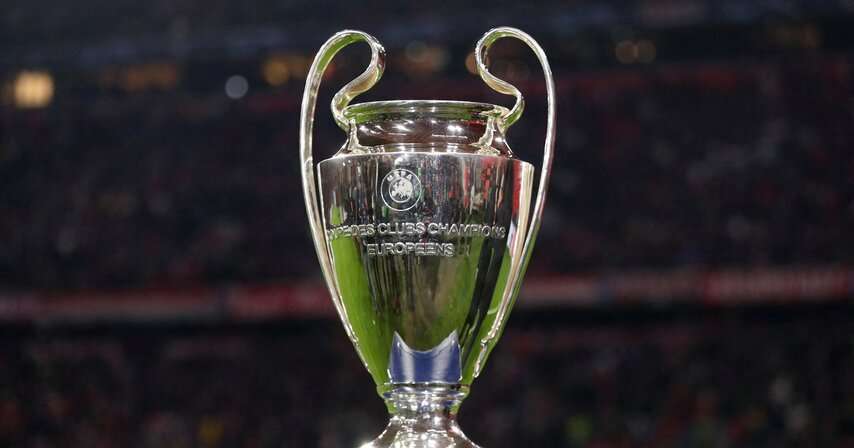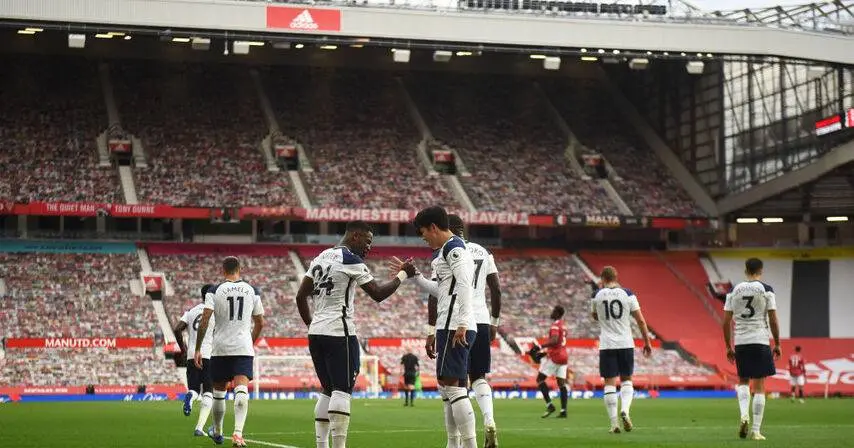
Everything You Need to Know About the Revamped Champions League Format
Excitement surrounding the Champions League has reached a fever pitch, with the group stage draw for the latest iteration looming. However, the much-loved competition has seen a significant overhaul, increasing the number of matches from 125 to 189.
More football means more entertainment and excitement. But with the rise in the number of games, the already tight schedules of top clubs are set to get even busier. However, if you’re not quite up to speed with all the changes, don’t worry—we've got you covered. Here’s a breakdown of everything you need to know about the revamped Champions League format.
Group Stage replaced by League Phase
Every football fan is familiar with the classic Champions League structure, which featured a clear split between the group stage and the knockout phase. Teams would be sorted into groups of four, each playing six matches in the group stage. But the new format shakes things up significantly. Firstly, the top number of teams in the Champions League has increased from 32 to 36. Furthermore, instead of the traditional groups, teams now compete in a league phase where they face eight different opponents—four matches at home and four away. In the league phase, teams cannot face opponents from their own country and can face a maximum of two sides from the same country.
Top eight teams in the group stages would qualify straight to the knockout rounds. But teams placed from 9th to 24th will face each other in a two-legged play-off, which will determine which team qualifies for the Round of 16. As a result, only 12 teams will be knocked out after the league phase. Moreover, the teams knocked out from the league phase won’t participate in Europa League.
The league phase will kick off in mid-September and extend until late January, moving beyond the usual December conclusion. To accommodate the additional fixtures, there will be specific weeks set aside just for the Champions League, with matches scheduled on Tuesdays, Wednesdays, and Thursdays. The draws for the League Phase will be held on 29th August.
Teams who have qualified for the 2024/25 Champions League
While the qualifying rounds for the 2024/25 Champions League are still underway, several teams have already secured their spots in the league phase of the revamped Champions League. Here’s a look at the clubs that have already qualified.
- UEFA Europa League winners: Atalanta
- England: Man City, Arsenal, Liverpool, Aston Villa
- Spain: Real Madrid, Barcelona, Girona, Atletico Madrid
- Germany: Leverkusen, Stuttgart, Bayern, Leipzig, Dortmund
- Italy: Inter Milan, AC Milan, Bologna, Juventus
- France: Paris Saint-Germain, Monaco, Brest
- Netherlands: PSV Eindhoven, Feyenoord
- Portugal: Sporting CP
- Belgium: Club Brugge
- Scotland: Celtic
- Austria: Sturm Graz, RB Salzburg
- Switzerland: BSC Young Boys
- Czechia: Sparta Praha
- Europa League winner rebalancing: Benfica
- Champions League winner rebalancing: Shaktar Donetsk
Ten other teams are battling it out in the qualifying rounds for the last five remaining spots.
When are the 2024/25 Champions League league-stage matches?
- Matchday 1: September 17-19, 2024
- Matchday 2: October 1/2, 2024
- Matchday 3: October 22/23, 2024
- Matchday 4: November 5/6, 2024
- Matchday 5: November 26/27, 2024
- Matchday 6: December 10/11, 2024
- Matchday 7: January 21/22, 2025
- Matchday 8: January 29, 2025
When are the 2024/25 Champions League knockout stages?
- Knockout round play-offs: February 11/12 and February 18/19, 2025
- Round of 16: March 4/5 and March 11/12, 2025
- Quarter-finals: April 8/9 and April 15/16, 2025
- Semi-finals: April 29/30 and May 6/7, 2025
- Final: May 31, 2025
The Champions League Final will take place in Munich at the Allianz Arena.




